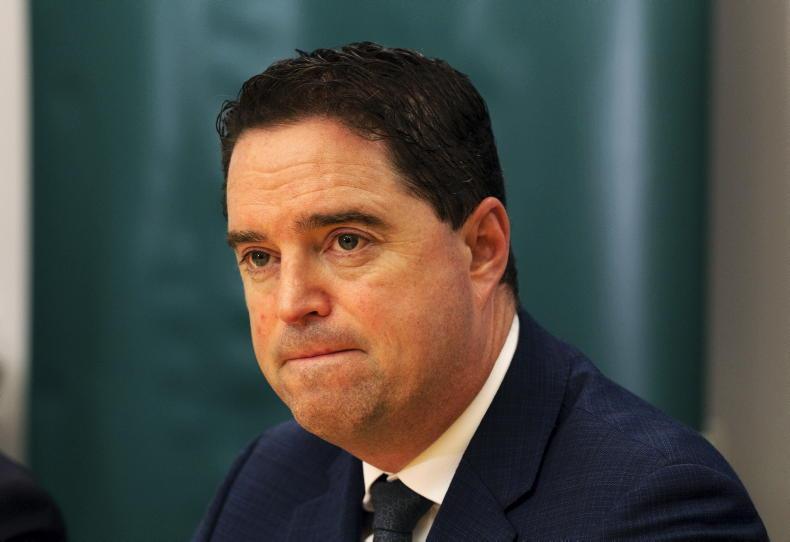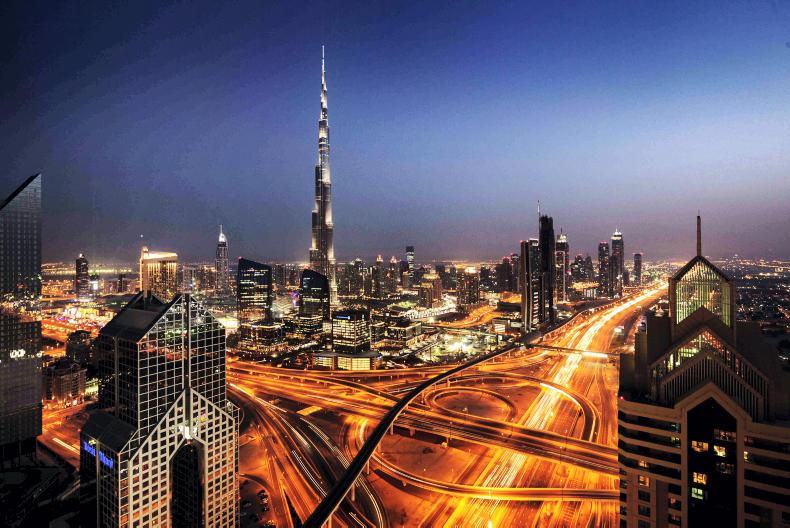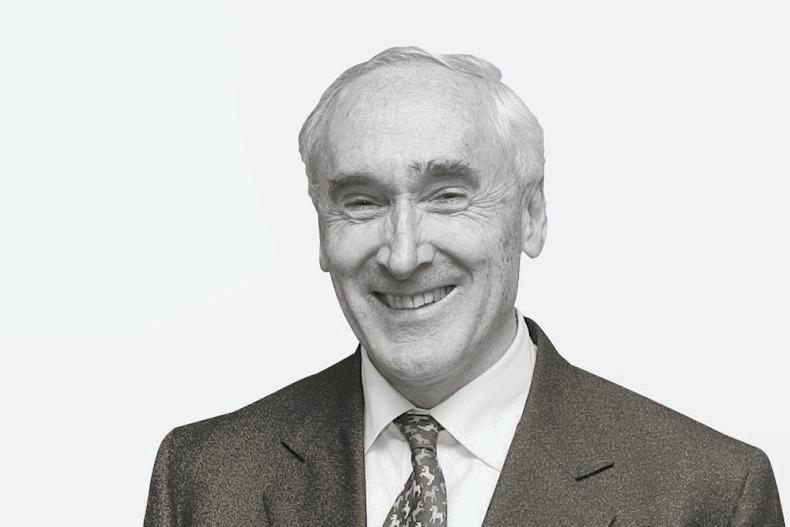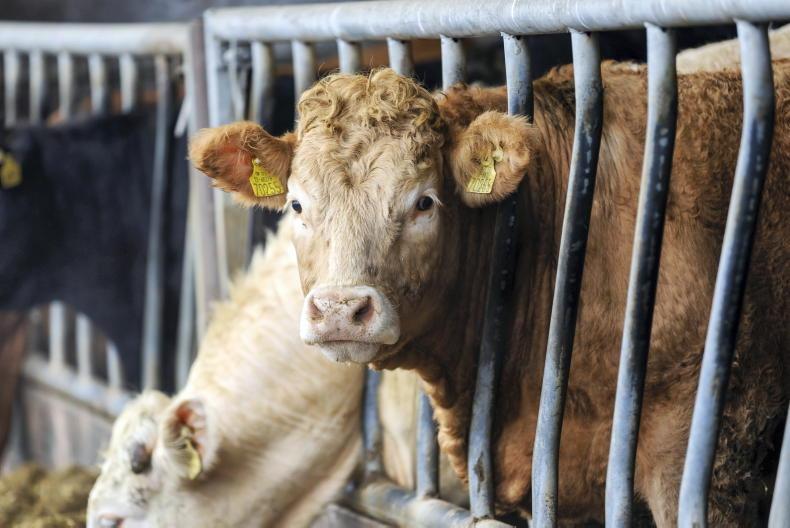If Russia seeks to use food as a weapon of war, organics can be part of the defence, European Commissioner for Agriculture Janusz Wojciechowski said at Biofach in Nuremburg, Germany.
The Biofach organic trade fair marks the most important week for organic agriculture, Commissioner Wojciechowski told patrons on Tuesday 26 July.
A major challenge that faces EU agriculture at the moment is Russia's "illegal aggression" against Ukraine, he said.
While the war is creating challenges around food insecurity at a global level, organic farming has, as a result, become more valuable, he maintained.
Organic farming lends itself to more independence from outside inputs such as fertiliser, the price of which he said was a "big problem" for farmers in the European Union at the moment.
Independent
"Organic farmers are more independent from this and more independent from the outside inputs," he said.
He added that the Commission is "dedicated" to promoting and developing organic produce across the European Union.
"The European Commission is very much in favour of the development of organic farming. It intends to maximise the potential to the fullest extent of organic farming.
"We have set targets to put 25% of European Union farmland under organic agriculture by 2030," he added.
The Commissioner said that these targets are ambitious. However, at the same time, he believes they are achievable.
Research
"30% of the European Union's budget for research and innovation actions in the field of agriculture will focus on enhancing the organic sector. "It is clear that we need to reinforce the resilience of our food sector," he said.
"I hope I have made clear why the Commission is fully committed to developing organic production.
"We all know that increasing the consumption of healthy organic products will not only bring positive changes for our environment, but for our rural economy too," he said.
"We have had a very difficult time, the last two and a half years. But, fortunately, there was no food crisis in the European Union and food was available in each corner of Europe."
This, he said, was thanks to both conventional farmers and organic farmers.
"Thank you very much for your contribution to ensure food security for the European Union at this difficult time," he told the congress.










SHARING OPTIONS